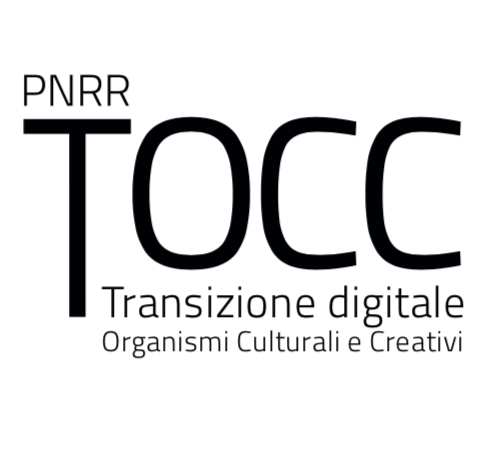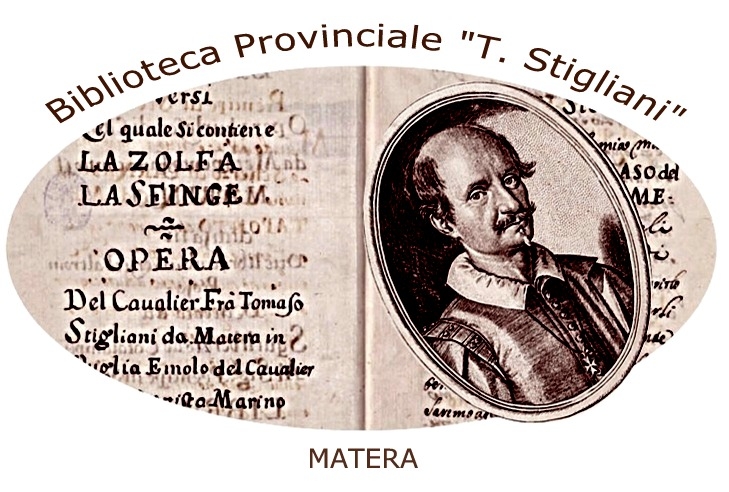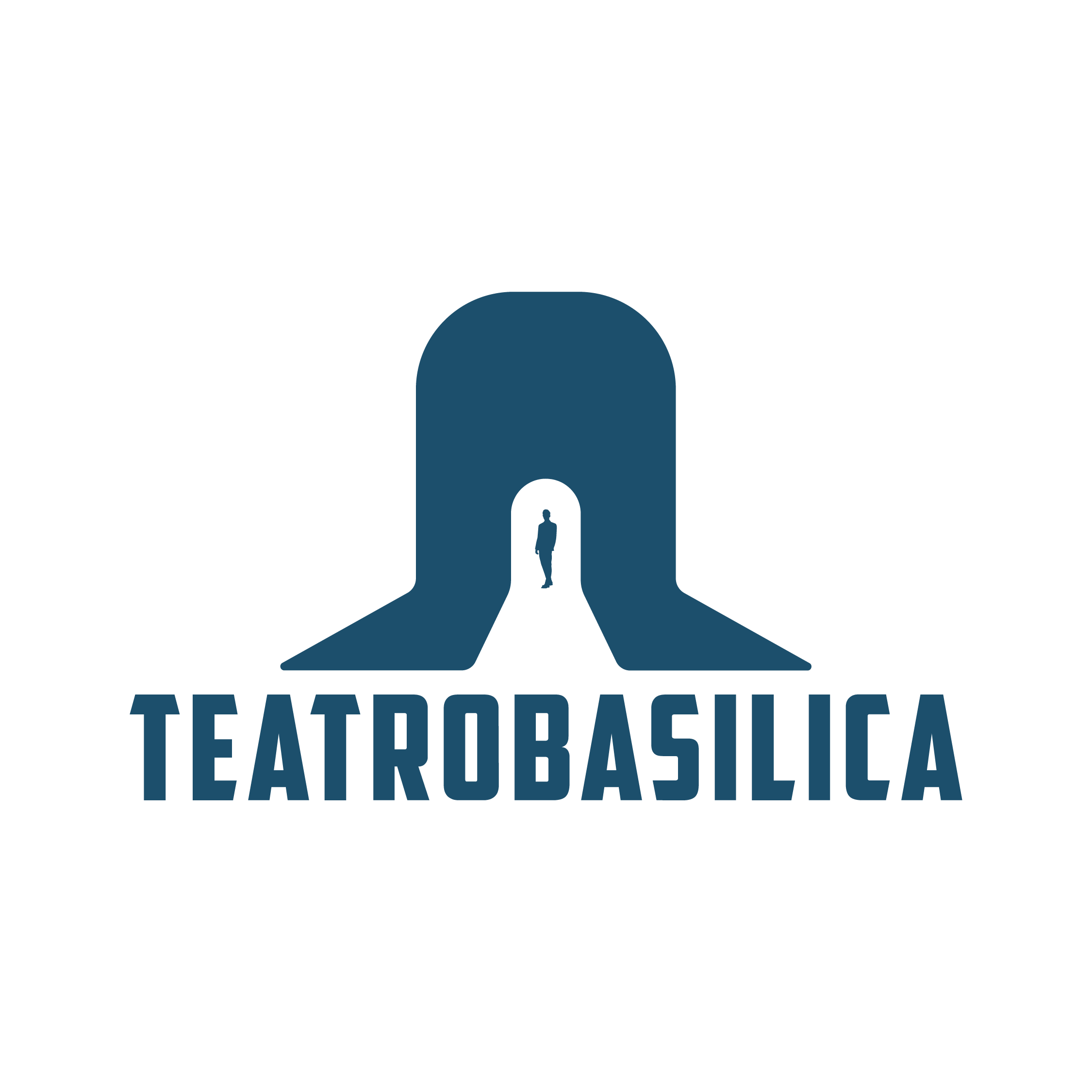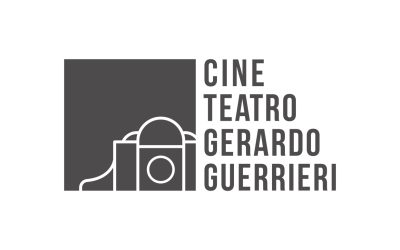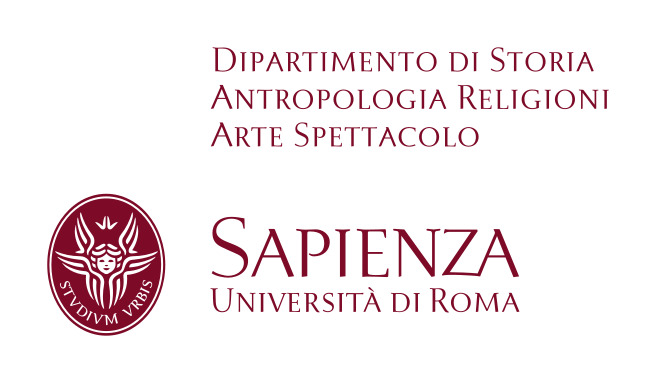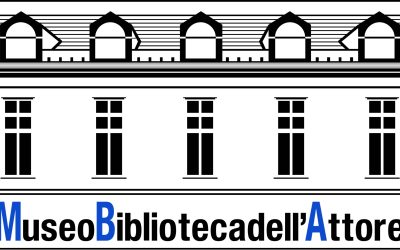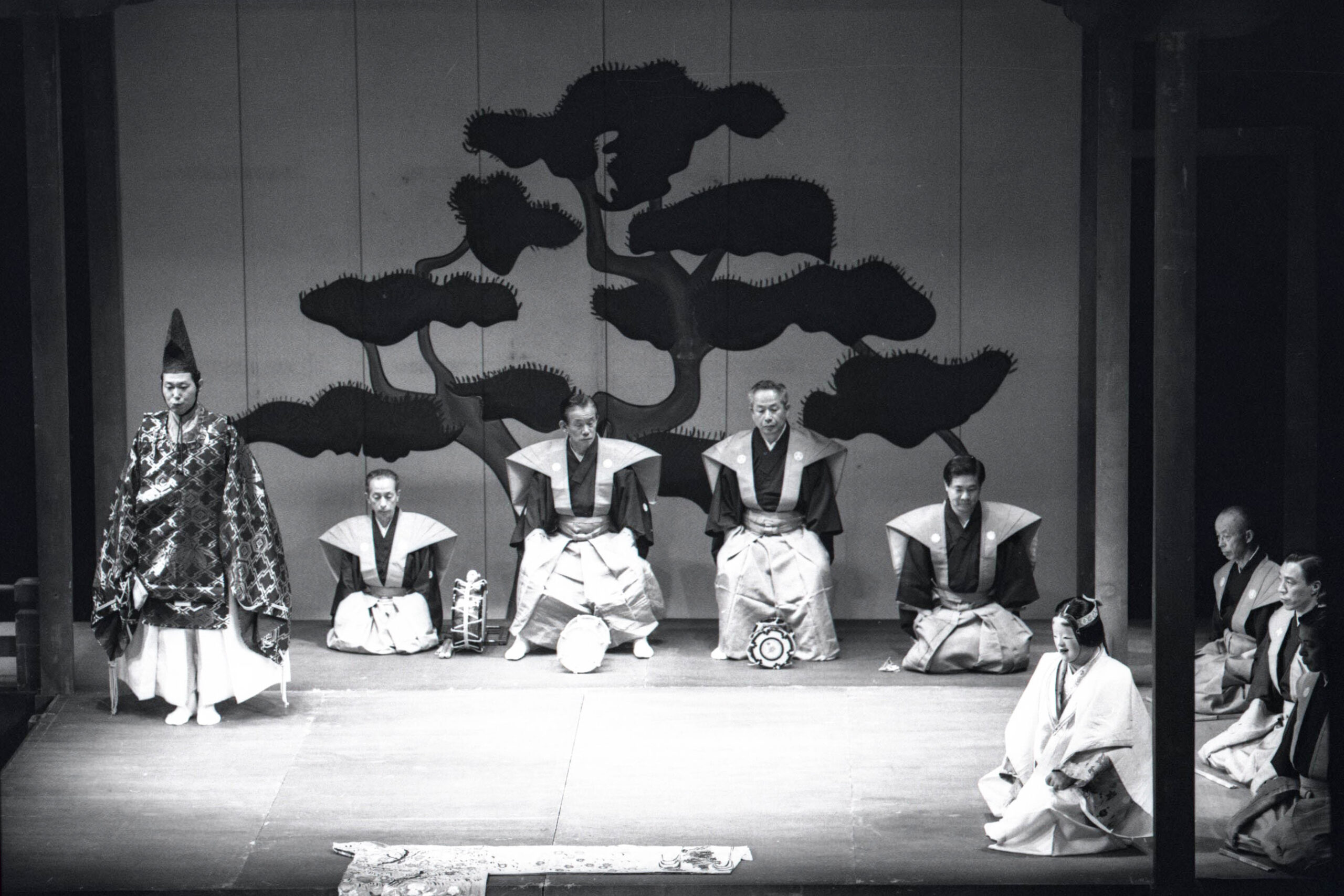
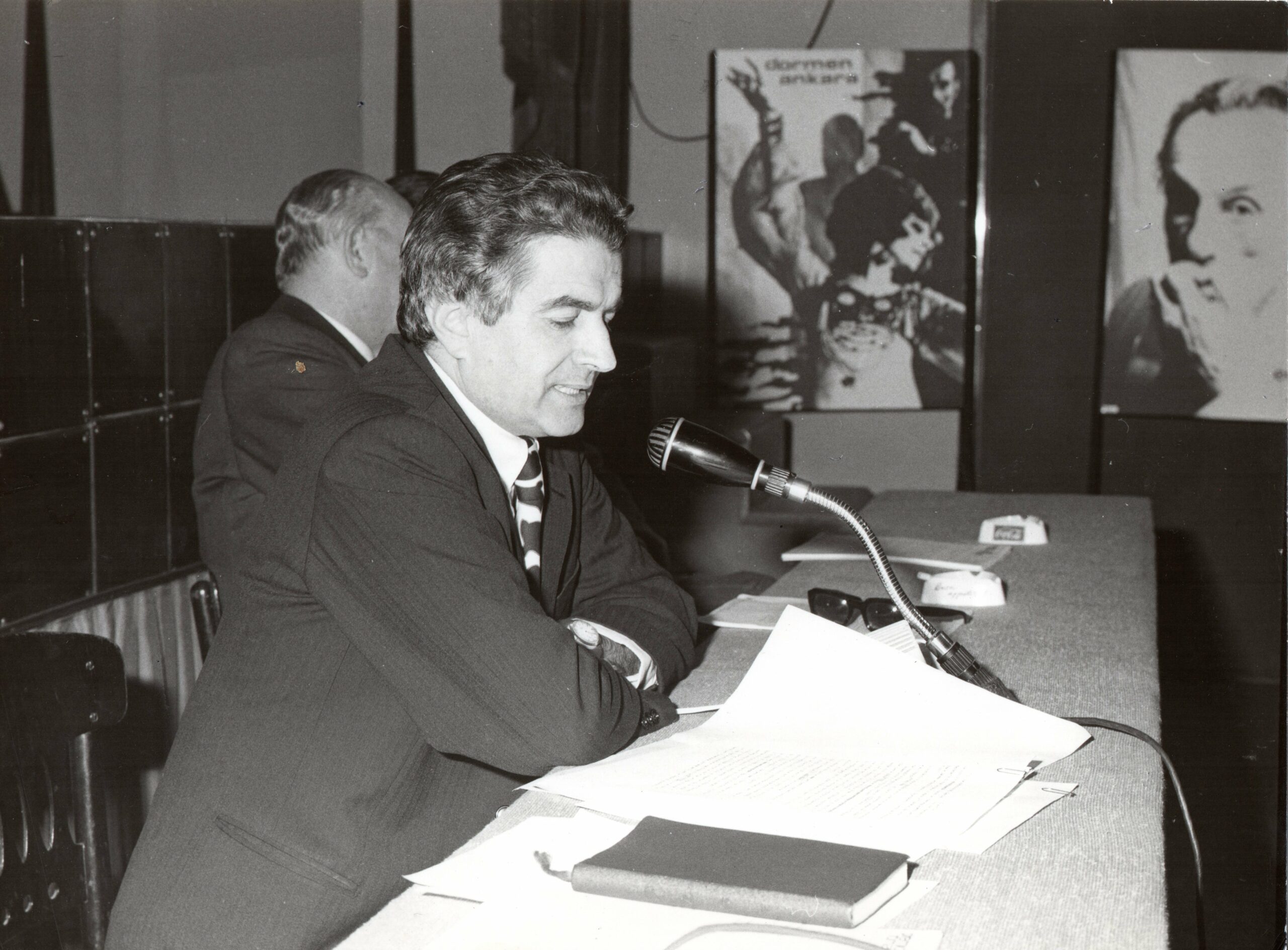

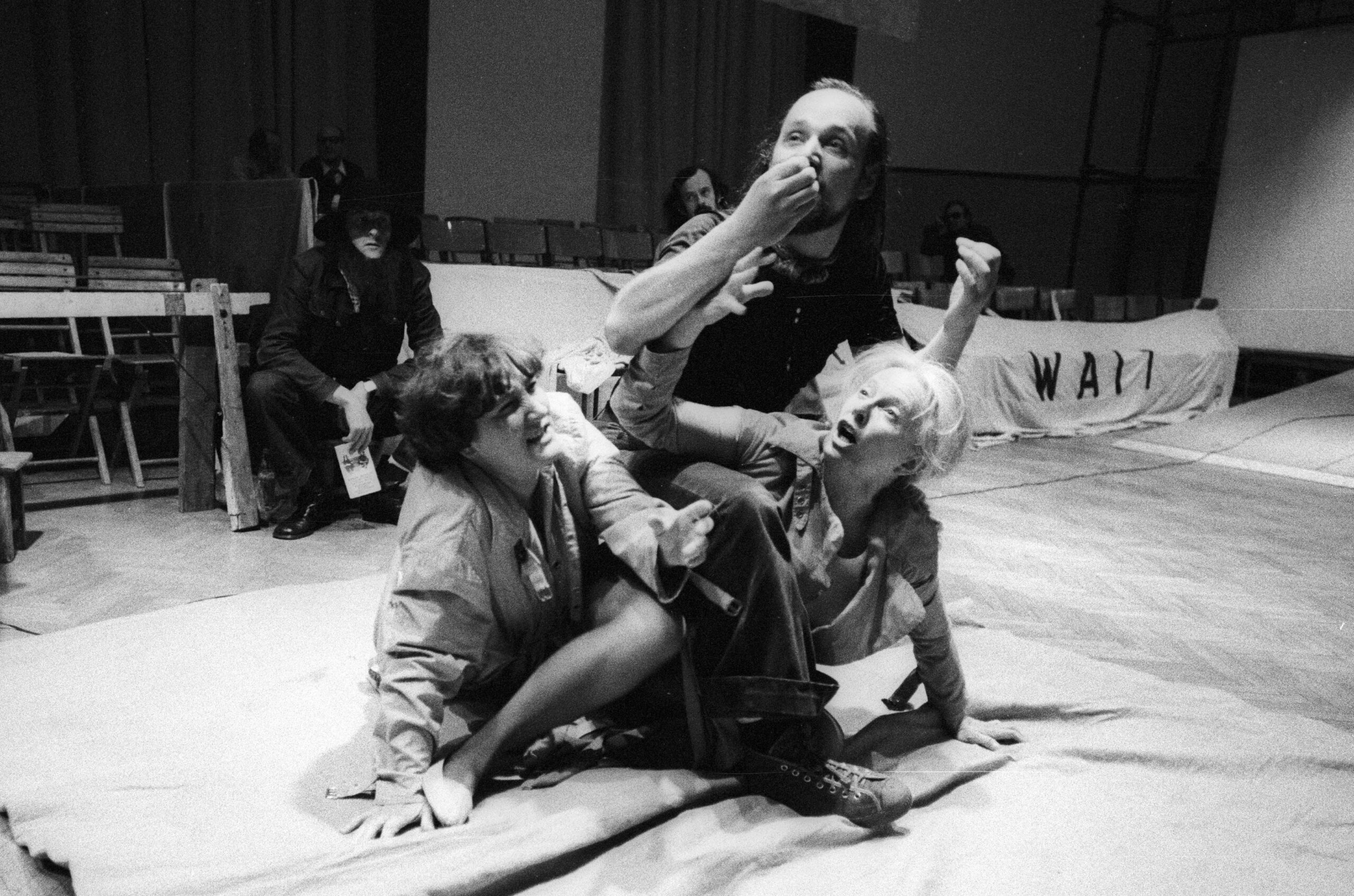
Projects
Journey in the Lands of Theater.
The Teatro Club Archives
The project "The Archives of the Teatro Club" aims to tell the story of the Teatro Club Association (later Premio Roma), founded by Gerardo Guerrieri and Anne d’Arbeloff, which brought the most important artists of the world stage to Italy for the first time between 1957 and 1985.
The Gerardo Guerrieri Cultural Association APS is working to organize, publish, and share the immense wealth of unpublished documents present in the various archives partnering with the initiative, creating a dynamic and interactive digital platform in both Italian and English, as well as a virtual and physical exhibition.
The realization of the project, currently underway, is made possible thanks to the funding obtained by the Gerardo Guerrieri Cultural Association APS from the Ministry of Culture, within a grant financed by the European Union – Next Generation EU, as part of the National Recovery and Resilience Plan (PNRR), implemented by Invitalia.
You can find all the information about the funds received and the project timeline on the Transparency and Support pages of this website, in the sections related to the Archives of the Teatro Club.
Journey in the Lands of Theater. The project
The project of the Gerardo Guerrieri Cultural Association Aps was born with the intention of collecting, promoting, and creating new means of presentation and dissemination, of the large amount of documents dedicated to the history of the Teatro Club Association, which are located in various different archives.
For the first time, through the images, audios, and documents featuring the personalities and stories of the artists and initiatives carried out by the Association created by Gerardo Guerrieri and Anne d'Arbeloff in 1957, which are kept in different National archive collections, a "digital network" will be set up, which will connect the materials, and which will result in a common online platform, in publications, podcasts, and will allow a diverse and heterogeneous audience to learn about the history of artists and personalities who have shaped international and Italian theater, as well as other art forms such as music, ballet, and cinema.
The exhibition, which will be available on the platform, will also be presented "live" with traveling displays, designed to make the Archives' heritage known through graphic, photographic and audiovisual documents relating to the Teatro Club.
The initiative, promoted by the Gerardo Guerrieri Cultural Association Aps, and funded under the PNRR by the European Union - Next Generation EU, aims to create a connection, in the name of the Teatro Club, between different national partner Archives: the Baldini State Library in Rome, the Guerrieri Archive at the University "La Sapienza", the Actor's Museum of Genoa, the photographic archive of Tommaso Le Pera, and the precious fund still preserved by the Guerrieri family.
The project officially began on October 30, 2023, and will end on April 30, 2025, with the publication of the portal "The Archives of the Teatro Club" and the staging of a physical exhibition, in Rome and subsequently in other Italian cities.
Researchers, coordinated by the project curator Stefano Geraci, have been working since the summer of 2023 to select the materials present in the various collections, which include thousands of photographs, posters, flyers, programs, unpublished letters, scripts, and recordings of the voices of the main celebrities of theater and dance hosted in the multiple festivals of the Teatro Club Association.
The variety and richness of this documentary heritage tell an important and decisive chapter in the history of theater and the performing arts in Italy and the world, hitherto known only to specialists, in which, in the pre-digital and pre-globalization era, our country was, thanks also to the incredible amount of work carried out by the Teatro Club Association, an essential crossroads for international artists of all disciplines.
The adventurous tale of the Teatro Club: the exploration of new worlds. The story.
Between 1957 and 1984, with various developments over the years, the adventure of the Teatro Club took place. Behind its modest name, lay an ambitious and entirely unprecedented project not only for Italy, which over the years emerged with surprising results.
Gerardo Guerrieri, together with his wife, Anne d’Arbeloff, had foreseen how the early theatrical developments of the second half of the 20th century foreshadowed the emergence of a new artistic geography, where old boundaries, established performance practices, their very economy, would undergo such profound changes as to entirely redefine the value and presence of theater in surrounding societies.
It should come as no surprise that it was precisely from Italy that this proposal was put forward, that is, from a country that was marked by a weak national identity precisely because of the multiform richness of the centuries-old histories of its theaters. In fact, the new theatrical realities emerging in the United States as in Europe were breaking down national frontiers and the boundaries between spectacular genres. The presence of theater in Western societies, shaken by the new social turmoil of the 1960s, was creating new and unprecedented relationships with the traditional theaters of the East and non-European cultures, re-founding the knowledge of actors and new theater communities, arousing the participation of new spectators, and spreading the public presence of theater beyond the mere presentation of performances in theaters.
The Teatro Club quickly became the main crossroads of this new artistic and human geography thanks to Guerrieri's anomalous and multiform theatrical culture combined with his wife Anne d'Arbeloff's organizational skills and knowledge of the new non-European theatrical outposts.
If the presence in Italy of the protagonists of the new theatrical and performing arts ferments has become legendary, from the Living Theatre to Bob Wilson and Tadeusz Kantor, from Jerome Savary's Magic Circus to Merce Cunnigham's new dance, we must not forget the invention of new methods of diffusion, such as the then unheard of invention of workshops, the use for the first time of non-theatre spaces, such as the legendary performance of popular dances by Igor Moisseiev's Russian company held at the Palazzo dello Sport in Rome in front of 80. 000 spectators, the use for the first time of subtitles to translate foreign performances for Italian audiences.
Equally, it should not be overlooked how behind the modest organizational staff and the meager public contribution, Gerardo Guerrieri and Anne d'Arbeloff were able to invent new models for the economy of culture through links with foreign embassies, cultural centers, the huge influx of new spectators, and the unprecedented transport and hospitality strategies for international guests.
One of the Association's young collaborators was Renato Nicolini, who would later use the idea of the Teatro Club in his 'Estati Romane' to disseminate culture in an accessible manner, and to present shows in an innovative and informal way in unprecedented locations in the urban landscape.
The stages of the Teatro Club Archives project
The project of the Gerardo Guerrieri Cultural Association unfolds in five stages:
a) Collection and selection of materials from existing funds in the partner Archives
- Digitization of originals (photos and audio recordings, posters, flyers, playbills, letters, and documents) to make them accessible for consultation and to safeguard their documentary value, preventing deterioration.
- Creating a database that will be accessible online.
- Communication, through the creation and dissemination of a publication, both in print and digital format, of the existence of a wealth of available information and documents on the history of theater.
b) Scientific archival description of collected materials
- The cataloging of materials will be carried out using the metadata sets provided by national standards established by the Central Institute for Cataloging and Documentation (ICCD). Regarding stage photographs, which require specific information such as the title and author of the represented work or the name of the character portrayed by the actor captured in the shot, these will be cataloged by experimenting with the metadata set identified in the research group with the ICCD, as there is currently no cataloging standard at either national or international level.
c) Implementation of a web platform
This third stage involves proposing, within the website of the Guerrieri Association, with a link to the websites of the partners of the initiative, a platform that allows even those who cannot access the Archives to consult, in a new and unique way, the archival collections involved. Within this platform, users can consult, view, and listen to selected documents, as well as access podcasts dedicated to the themes, characters, and history of Italian and international theater during the years of the Teatro Club. Within the platform, one of the Teatro Club's latest projects will be visible, a multivision on Michelangelo's Last Judgment, with the reciting voice of Piera Degli Esposti.
d) Designing an itinerant exhibition
This fourth stage, in line with the originality of the documents, most of which have never been offered to the public, will take place through the use of new exhibition methods, namely creating perceptual pathways through images, video installations, performative actions related to the history of the Teatro Club, reinventing urban spaces through site-specific artistic strategies with the aim not only of reliving the international cosmorama of the Teatro Club for participating spectators but also, and above all, of showing the possible and fertile relationships between the arts of theater and dance with current urban contexts. Stages of this itinerant exhibition are planned in Rome, Matera, Genoa, Bologna, Milan, Naples, also thanks to collaboration with partners in the territory.
e) Publication of a catalog of the initiative
This fifth stage, which runs parallel to the others, will result in the publication of a text, accompanied by images, that tells the project both in print and digital format.
The project team
The project team, coordinated by Stefano Geraci, is made up of 10 members of the Gerardo Guerrieri APS Association, with experience in the world of archives and the performing arts, among whom are archivists, experts in the digital world, young scholars/researchers working in the field of theater, and professionals working in the field of archiving. The involvement of interns from higher institutes, universities and art and performing arts academies is envisaged.
Partners
Partners of the project, financed by a contribution by the European Union - Next Generation EU, within the framework of the PNRR.
For its project work, the Gerardo Guerrieri Cultural Association APS will make available its heritage of over 3000 photographs, 900 tapes, posters, flyers, theater programs, and has signed agreements with the main Archives in Italy where the materials of the Teatro Club are kept:
the Baldini State Library, the Guerrieri Archive at the Saras Department of the University "La Sapienza", the Tommaso Le Pera photographic archive, the Actor's Museum in Genoa. It has also entered into partnership agreements with Baby Films srl, which will give the availability of its 20 hours of interviews for the production of the documentary "Guerrieri", and with organizations such as the Regional Directorate of the FAI Basilicata. Partners of the initiative also include the TeatroBasilica in Rome, the Cine Teatro Guerrieri in Matera, the Tommaso Stigliani Library in Matera, and the Obop - Obiettivo Opportunità association.


